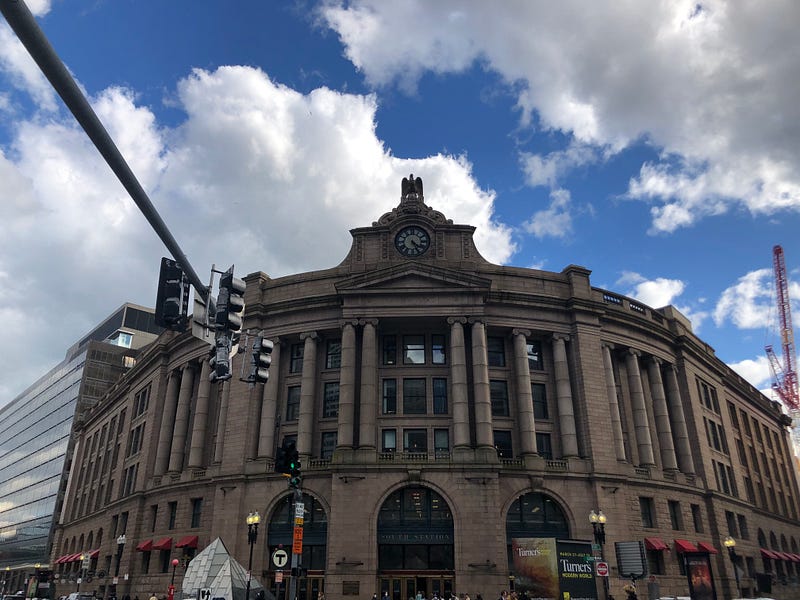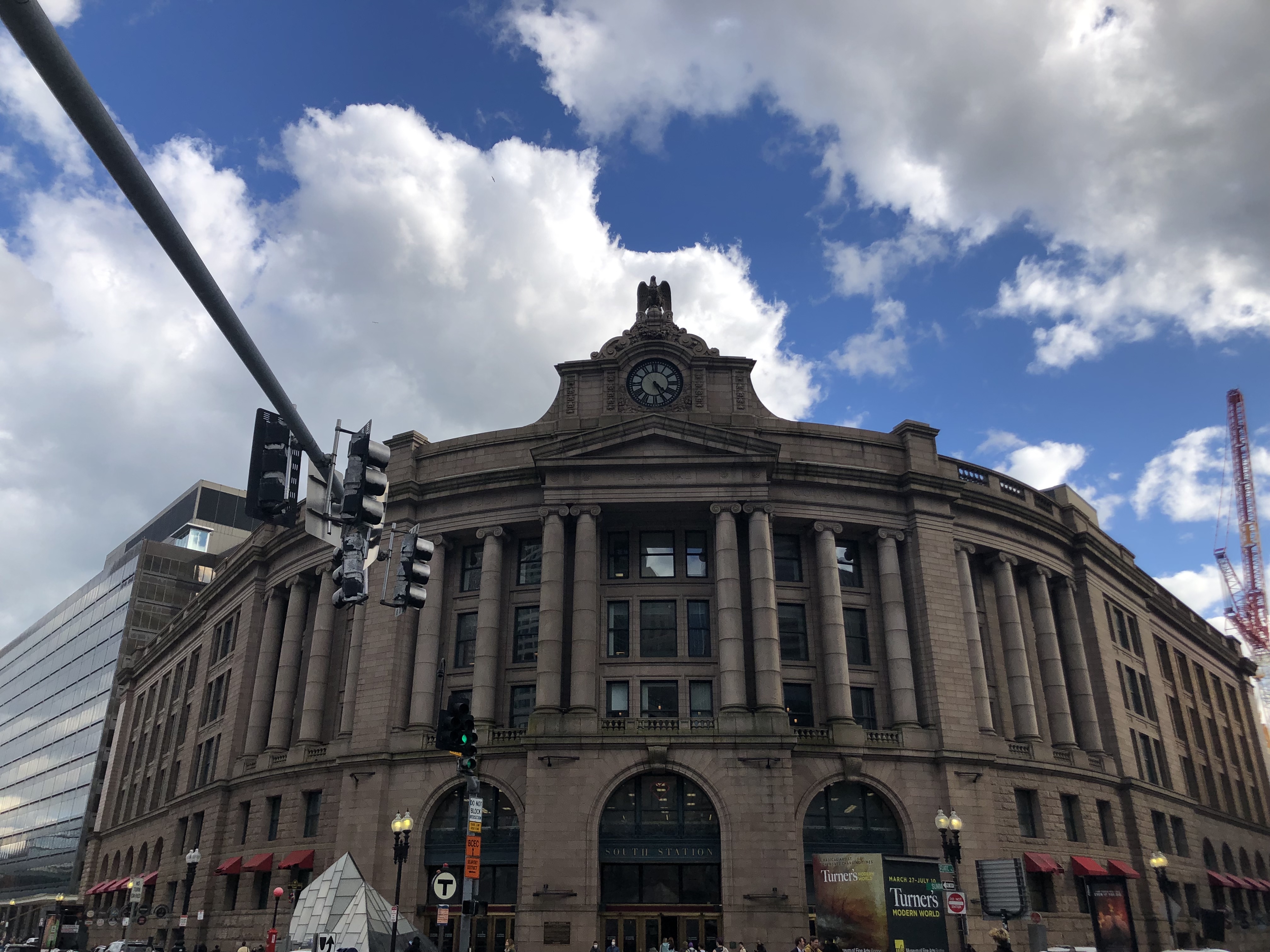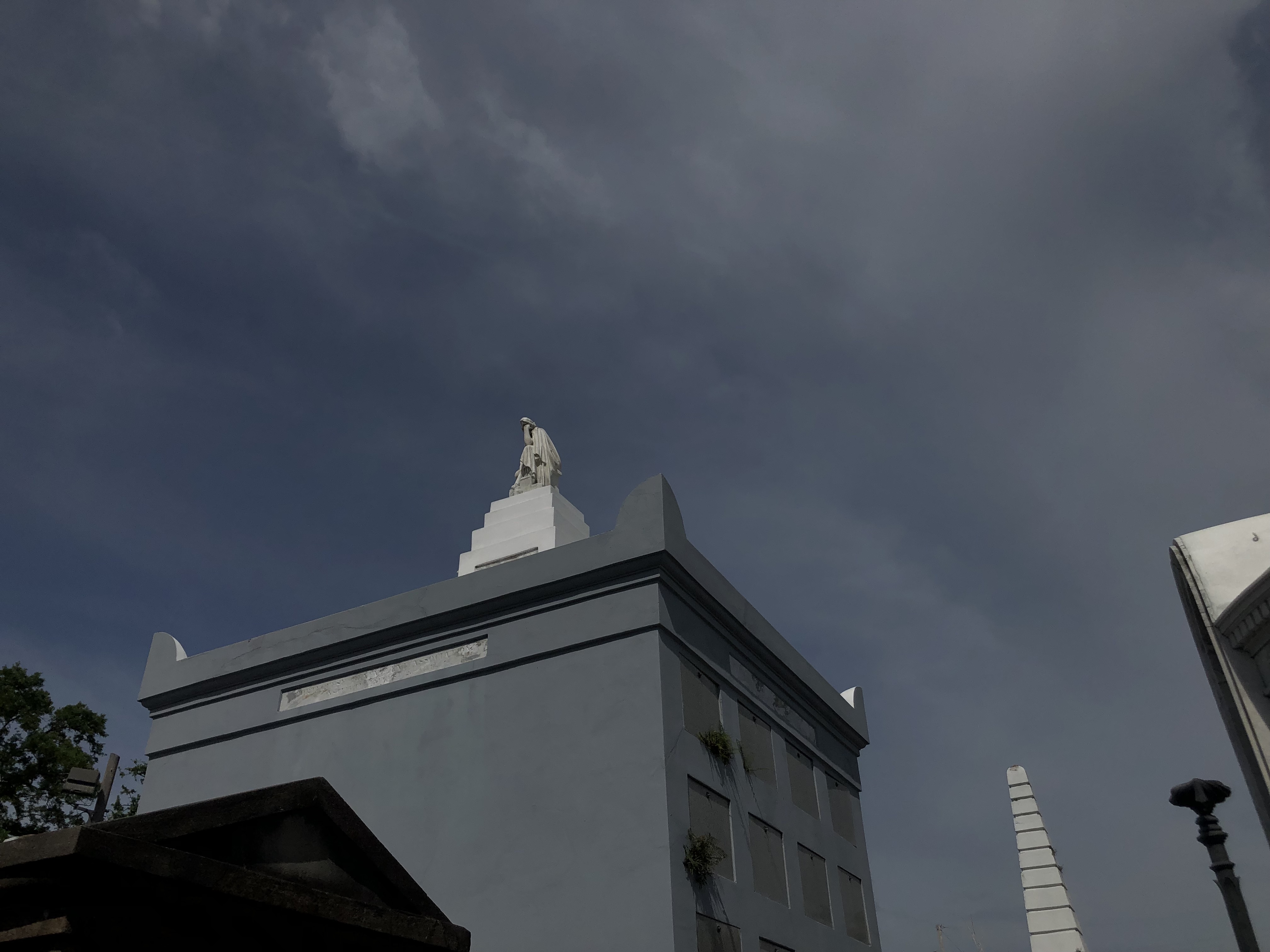Archives (Against the Law)

This is Friday Letters, an AGAINST THE LAW edition.
I’m refreshing the newsletter in the middle of writing my new book, A WOMAN IS AGAINST THE LAW, because I always wanted to have a place to talk about doing the work even as I have to wait a little while yet to show you the work.
It wasn’t until a few months after the hurricane that it felt at all reasonable to try to visit the archives. But if I am going to take the risk of traveling somewhere, shouldn’t I do it to spend time with the living?

My first experience with the archives was as someone charged with assembling an organization’s papers to be archived. The first finding aid I consulted was a draft itemizing what were still almost living documents: events materials pulled out of the backs of filing cabinets, correspondence I had found mixed in with files (and stayed late reading). Some time after the boxes were delivered to the archives, I met with one its research librarians. The experience of putting this all together for someone else left me with questions about what would happen when the papers were my own. So I began in the archives from this admittedly messy and self-referential position: what was what I was looking at; how would I read it if I knew who created it; and, when will someone be looking at something of mine? Archives felt personal in the way that the web has always felt personal: because the first time I saw it, the person showing it to me had helped develop the web browser we were looking at it with. This all came from somewhere I have been. This all came from someone I can reach.
With the pandemic, many archives have gone to appointment-only access. Some have expanded what they offered digitally. Here’s where I’m at currently, lightly anonymized from my notes:
- The Harry Ransom Center digitized a bunch of documents deep in a former ACLU director’s papers and emailed them to me, one of the few traces I could find left by a 1930s journalist who was apparently not archived herself.
- I scheduled a visit to the Schlesinger Library last winter only to have a research librarian cancel it hours later, when they closed unexpectedly due to a new Covid wave. They, at least, have a pretty large collection available publicly online, if you ever want to spend a few hours watching Angela Davis lectures from the 1980s, which I did, waiting for a re-opening, and I did make it finally in the spring, and I’ll be back.
- The Schomburg Center was appointment-only, then not, and then I found another source for the Scottsboro papers of the International Labor Defense and so am waiting to go back until I’m a little further along, especially since it’s one of the few archives I can get to on the subway. It’s also one of the few archives one of the subjects I am writing about wrote about visiting and the temptation to see what she saw is too great even if it is too much (probably) to ever make it into the book.
There was an older version of AGAINST THE LAW that was about filling in what’s left out of the archives about criminalized womanhood. I wanted to learn how by learning how others learned to read the archives, learning that you can ask questions about who was doing the archiving as a way to imagine what was excluded.
Hugh Ryan said recently about working on his new book The Women’s House of Detention,
I had to think about how you end up in an archive, and it’s really one of two ways, generally. You either have the power to have your story preserved on your own terms: you’re famous and people want to interview you while you’re alive, you publish books about your experiences, you own a home where your belongings are saved, you have descendants who want to hold onto your things, etc. The other way you enter the historical record is that someone has power over you and you become the raw material for their entry into the historical record.
You either have the power to have your story preserved on your own terms … or, someone has power over you.
This week several groups pushing anti-LGBTQ propaganda, including members of the Proud Boys and Moms for Liberty, showed up at a school board meeting in Miami-Dade county. These groups used a proposed resolution to declare October as LGBTQ History Month in Miami-Dade county schools as an opportunity to recruit and proselytize. The resolution was voted down.
“If we are not defending our right to be, we will no longer exist,” the director of the Stonewall National Museum & Archives in Florida wrote in a recent op-ed.
Florida may be the epicenter of the far right’s advance on queer and trans history. Such attacks are now increasingly likened to the Nazis’ destruction of the library of the Institut fur Sexualwissenschaft in Berlin in 1933, founded by Magnus Hirschfeld. It was one of their first public book burnings.
“Now that we are living through another era of coordinated authoritarian, anti-Semitic, and conspiracy theorist driven attacks on trans people, the cultural fascination with what was lost in Hirschfeld seems, to me, something like a fear that history will repeat itself,” Jules Gill-Peterson wrote.
But, critically, as she added (and elaborated on at more length than I am going to quote here), in our looking back, out of fear or grief, trying to unearth something to take the place of what was destroyed, “what we are apparently searching for in retelling stories about Weimar Germany is a substitute for our own lack of imagination about the present.”

FROM THE PLAYLIST //
As of this writing, the book’s playlist is five years old and clocks in at 6 hr 32 min. Here’s one song: “The Wayward Wind,” as performed by Patsy Cline. This one made its way onto the playlist on November 25, 2018, which is when I was in an apartment in downtown Las Vegas, putting this book up on the wall. I thought we needed her this week.
STATION IDENTIFICATION //
This is Friday Letters, by Melissa Gira Grant (me), back on Fridays again.
Subscribe now, if you haven’t already, and thanks for reading.
x
MGG
Each subscriber builds the operating fund that will ensure the independence of this newsletter from any platform. Thanks to all of the subscribers who have been here from the start.

Member discussion